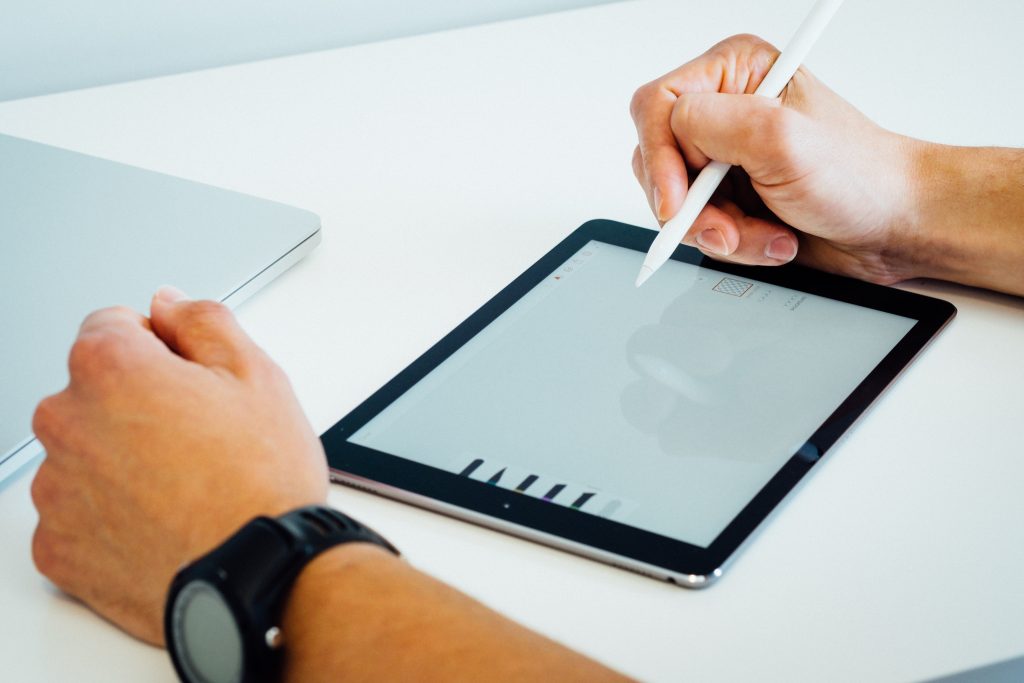Network Security Viva Questions. How much time do you spend worrying about network security? If you answered yes, then you should read this article.
Network security is important because it protects your personal information and keeps hackers out. In addition, it helps prevent identity theft and fraud. This guide provides some helpful tips to improve your network security.
1. Use strong passwords for your wireless network.
To protect your personal information and keep hackers out, you should use strong passwords. Use at least 8 characters, incorporating letters and numbers. You should also change your password every few months.
2. Encrypt the data on your hard drives.
To prevent identity theft and fraud, you should encrypt the data on your hard drives to prevent unauthorized access. This will help protect you from identity theft and fraud when using public wireless networks. This software is best for encrypting portable hard drives because they are more vulnerable to theft than your desktop computer.
3. Install anti-virus/anti-spyware software on all of your computers.
You should install anti-virus/anti-spyware software on all of your computers to keep them protected from viruses, spyware, malware, and hackers. You may prefer a software suite that includes a firewall, anti-virus, anti-spyware, and parental controls so you can install them all at once with a single purchase. If you prefer to buy anti-virus/anti-spyware separately, they are available for all major platforms and operating systems including Windows Mac, and Linux.
4. Purchase antivirus software and install it on your home computer(s).
You should also purchase antivirus software for your home computer(s) to keep them protected from viruses, spyware, malware, and hackers with a single purchase or subscription service that allows you to install protection on multiple computers from a single location (e.g., Norton Security ).
If you prefer to buy antivirus separately for each computer, it’s available for all major platforms including Windows Mac, and Linux. Most operating systems include some built-in virus protection that can be used in conjunction with antivirus software if desired (e.g., Microsoft Security Essentials for Windows). In addition to antivirus protection, you can also run scans with free online services like McAfee ThreatScan.
5. Download email attachments only from trusted sources like friends and family.
To avoid downloading email attachments from unknown sources which may contain viruses or spyware, download email attachments only from trusted sources like friends or family members that have been approved by your spam filtering service or email provider (e.g., Hotmail Yahoo! Mail ). In addition to signing up for spam filtering services, you can also learn how to create an email filter using Gmail as an example.
Recommendations
Recommendations for choosing a password:
To protect your online identity and keep hackers out, we recommend that you use a strong password. You should use at least 8 characters, incorporating letters and numbers. You should also change your password every few months. Using a combination of uppercase letters, lowercase letters, numbers, and symbols (e.g., “s0m3Cr@p1sSw0rd!”) will help prevent your passwords from being hacked in brute force attacks.
Recommendations for choosing an email address:
To protect your online identity and keep hackers out, we recommend that you choose an email address that is not linked to your name or personal information. This will help prevent people from being able to figure out who you are just by knowing your email address…which is kind of the point of having an anonymous email address in the first place!
